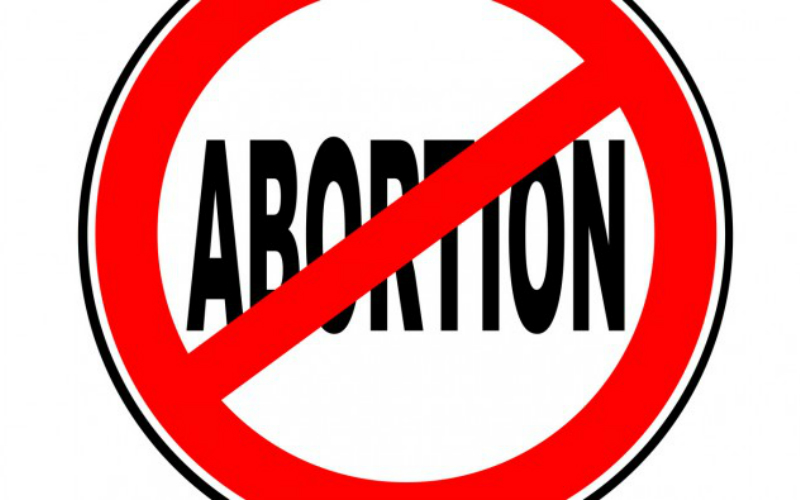For more than a year, researchers thoroughly examined 13 internationally and frequently cited studies on abortion and women's health for their validity and messages. They concluded that a substantial proportion of methodologically well-done international studies agree that abortion is associated with an increased risk of mental health problems or exacerbates preexisting problems.

"There are no studies showing any psychological health benefits to women," relays Dr. David Reardon of the Elliot Institute. "The old argument that women who have abortions would be spared so-called unwanted pregnancies and the burden of raising children and therefore would suffer less depression and anxiety from raising unwanted children has simply not been supported by any findings."
What studies consistently show is women who abort their babies are at a higher risk of suicide attempts, drug and alcohol abuse, and addiction.
"Even in cases where there's fetal malformation, instead, the evidence always shows that there's higher rates of grief, depression, often impacted grief that lasts for many years," Dr. Reardon reports. "There's no evidence of any benefit."
Even so, in the federal lawsuit filed to overturn the rule allowing the distribution of mifepristone, the Biden administration argues there is a "therapeutic benefit" to abortion. The new study, which is to be published this spring, empirically proves that is not true.
While the study notes that there is no scientifically valid method to reliably exclude or prove a direct causal link between an abortion and later psychological consequences, it does acknowledge that no scientific evidence could be provided for the hypothesis that abortion has a positive effect on a woman's psyche.
The study also found that abortion has no therapeutic effect in reducing psychological risks compared to women who give birth after an unwanted or unplanned pregnancy.







